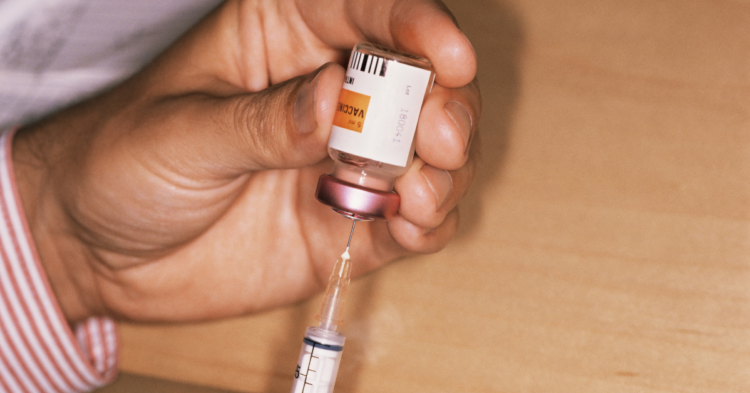The United States is currently experiencing its largest measles outbreak since the disease became preventable.
This is largely due to those who aren’t vaccinated spreading the disease to each other and to those too young to receive the vaccine.
Our current measles vaccine is different from the original.

Young children receive two doses of the MMR (measles, mumps, rubella) vaccine—one around age one, and another around age 4-6.
That second dose raises the vaccine effectiveness rate from 93-97%, meaning that those who have received both doses are very, very unlikely to contract measles.
However, those who received the vaccine prior to 1989 only got a single dose.

This means that if you were born before 1989, your vaccine is only 93% effective rather than that 97% .
Let’s do the math on that.
That means that even if you received your measles vaccine, you have a 7% chance of contracting the disease and/or spreading it to someone else.
FYI, you may need that second dose of the vaccine.
This isn’t just word of mouth.
The CDC has released a statement regarding the issue, and has provided a list of recommendations as to what you should do if you were born before 1989 and live in any of the five states currently experiencing a measles outbreak.
If you live in Washington, California, New York, New Jersey or Michigan, give your doctor a call.

There’s no harm in asking for a second dose, especially if there have been people infected in your neighborhood.
Can’t find that piece of paper with your vaccination history? Neither can I. In that case, getting another dose of the MMR vaccine is a good idea not just for the prevention of measles, but for other diseases as well.
If you were born between 1957 and 1969, your measles vaccine was less effective.

In that time span, the measles vaccine used a killed virus instead of a live virus, which makes the vaccine less likely to defend your body against the real thing.
If this applies to you, you’re better off getting another vaccine.
The stakes are extremely high.

Vaccines aren’t just for your protection—they are there to protect the population. By getting vaccinated against measles, you lessen the chance of spreading it to those vulnerable enough to catch it.
Two out of every thousand children who contract measles will die from it.

Contracting measles also ups a child’s risk for a whole host of other infectious diseases.
We have a responsibility to keep one another safe.
















































